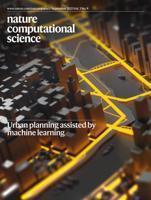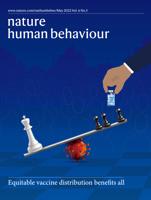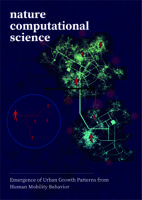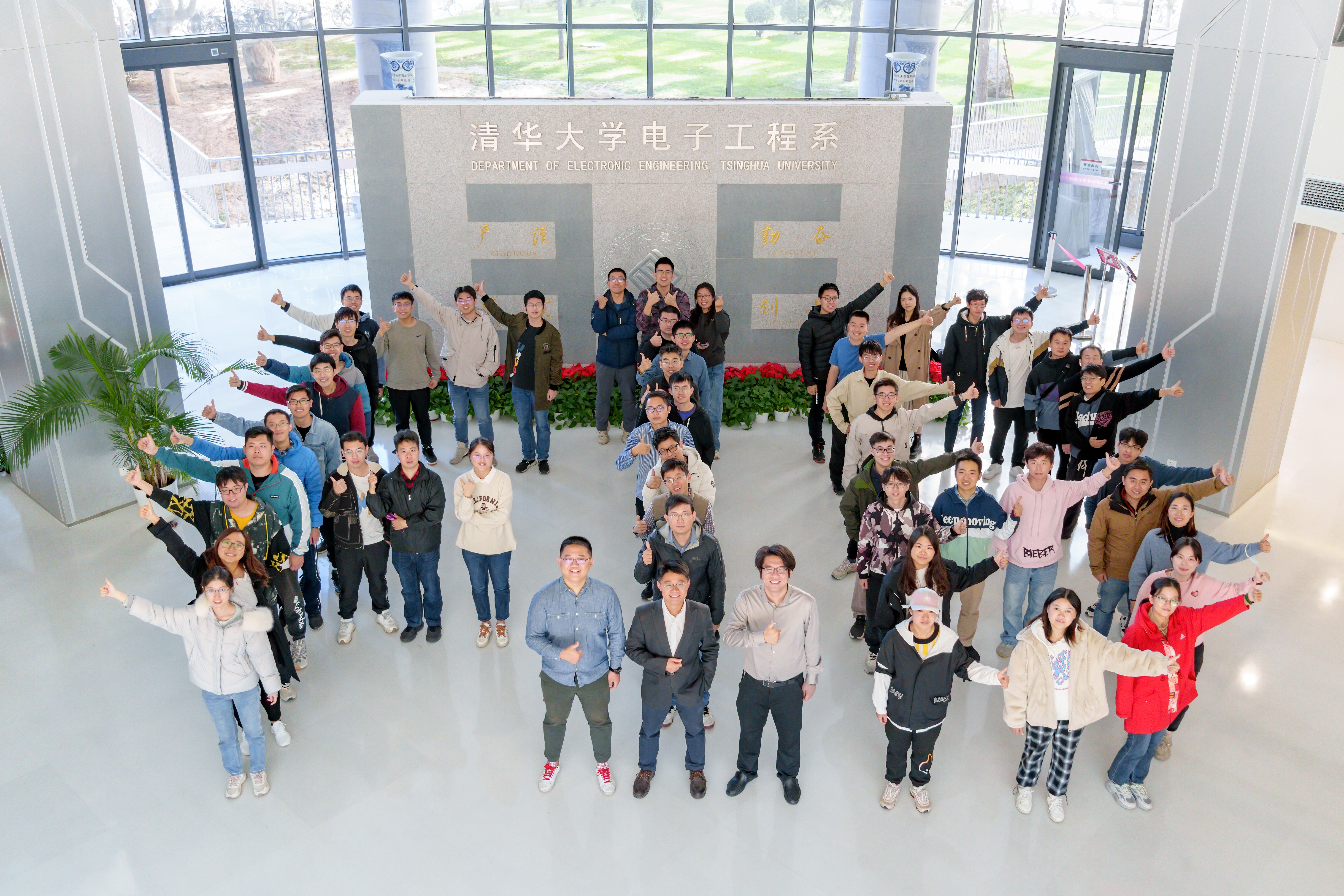FIB - Short Introduction
The Future Intelligence laB (FIB) focuses on the understanding and solutions to the complex global city problems and urbanization, which requires a large amount of data and knowledge analytics, visualization, optimization, with the interdisciplinary integration of artificial intelligence into urban planning and policy-making contexts. Our mission is to make contribution in the scope of future city through scientific theoretical foundation and cutting-edge technologies via high-impact research and large-scale deployment. We leverage a variety of inter-disciplinary methods in our studies including Data-centric Studies, AI-centric Studies, and User-centric Studies.
Data-centric Studies
- City Patterns and Urbanization Modeling
- Computational Social Science for Urban
- @ Multidisciplinary Journals for Data Science
- @ WWW, KDD, UbiComp
AI-centric Studies
- Machine Learning Solutions for Urban Problems
- Knowledge enabled Urban Governance System
- Large-scale City Simulation and Optimization
- @ KDD, ICML, NeurIPS
User-centric Studies
- Urban Polices, Behaviors and Their Interactions
- Urban Plan, Finance and Managment
- @ Journals of Urban Planning and Economics
- @ CHI, CSCW, UbiComp
News
Nature子刊:新型城市服务缓解极端高温风险
Jan 02, 20251月2日,电子系城市科学与计算研究中心在《自然·城市》(Nature Cities)上在线发表了“城市外卖服务作为极端高温的适应策略”(“Urban food delivery services as extreme-heat adaptation”)的研究成果。该成果全面展现了城市新型生活服务在适应极端高温事件中的实际影响,为城市新兴生活服务在解决城市可持续发展问题中的应用开辟了新视角,同时对促进社会公平议题提出了待解决的新问题。期刊同期发表了题为“城市居民通过增加外卖服务的使用来减少热暴露”(“Urban residents mitigate heat exposure through increased use of food-delivery services”)的研究简报。有关专家在简报中高度赞扬该成果:《自然·城市》副主编Wei Chen评价其“因其数据驱动的全国性证据脱颖而出”(“This work stood out for its data-driven, nationwide evidence”);澳大利亚国立大学教授Nicole Vargas称赞文章“细致入微的讨论”(“I commend the authors on their nuanced discussion”)。

Nature子刊:复杂网络系统韧性的深度学习预测方法
Oct 24, 202410月24日,电子系城市科学与计算研究中心在《自然·通讯》(Nature Communications)上在线发表了“复杂网络系统韧性的深度学习预测方法”(“Deep Learning Resilience Inference for Complex Networked Systems”)的研究成果。该成果展现了数据驱动的深度学习方法在复杂网络与系统研究方向中的潜力,为以人工智能方法创新该方向的研究提供了一个极具前景的途径,助力提升真实世界复杂网络系统的韧性和应急响应能力。

Nature子刊封面文章:基于深度强化学习的城市社区空间规划方法
Sep 26, 20239月11日,电子系城市科学与计算研究中心在《自然·计算科学》(Nature Computational Science)上在线发表了“基于深度强化学习的城市社区空间规划方法”(“Spatial Planning of Urban Communities via Deep Reinforcement Learning”)的研究成果,并被选为最新一期封面文章。该成果展示了人工智能技术在城市规划领域解决复杂规划问题的潜力,所建模型能够提高社区的空间效率,为“15分钟城市”的实现提供高效解决方案,助力城市的可持续发展。

Nature子刊:5G移动网络的低碳部署与可持续发展
Sep 26, 20238月17日,电子系城市科学与计算研究中心在《自然·可持续》(Nature Sustainability)上在线发表了“5G移动网络的低碳部署与可持续发展”(“Carbon emissions of 5G mobile networks in China”)的研究成果,研究团队通过利用城市模拟器进行城市级别的移动通信网络与电力网络的高真实且高效的模拟,首次实现了移动通信网络的能耗与碳排放测定系统。基于此,进一步提出了一种基于强化学习的节能策略,实现网络能效和碳效的显著提升。这一研究为城市5G网络的低碳部署与节能优化提供了重要的理论依据和实践指导。

Nature子刊:自适应信息动力学揭示信息茧房涌现机理
Sep 06, 20239月6日,电子系城市科学与计算研究中心在《自然·机器智能》(Nature Machine Intelligence)上在线发表了“自适应信息动力学揭示信息茧房涌现机理”(“Human–AI adaptive dynamics drives the emergence of information cocoons”)的研究成果,该成果聚焦于新闻与视频两个典型场景,通过分析5.7亿用户行为数据和使用信息熵度量信息茧房严重程度,发现在一年交互后,超过57%的活跃用户均经历了不同程度的信息熵下降,标志着现实系统中信息茧房的严重性。在实证发现的基础上,该成果提出了人-智自适应信息动力学模型,以建模人类与推荐算法之间的关键反馈回路,并通过系统信息熵的演化规律来刻画信息茧房相变过程。该模型从非平衡态统计力学视角揭示了“多样化-部分信息茧房-深度信息茧房“复杂系统的相变过程及相变边界,为控制人-智交互复杂社会系统中的信息茧房问题提供了理论基础,并启发后续设计通过平衡系统正反馈与负反馈以及算法精准推送与用户自由探索,破除信息茧房,进而实现负责任的推荐算法。

快手-清华短视频用户行为理解与推荐技术研讨会顺利召开
Oct 19, 202210月12日上午,快手-清华短视频用户行为理解与推荐技术研讨会在同方科技大厦会议室举行,本次研讨会采用线上+线下相结合的方式,针对新型短视频推荐的科学问题与技术挑战、现有解决方案不足之处、重要未来研究方向等进行了深入探讨。清华大学电子系长聘副教授李勇、快手推荐算法副总裁宋洋、快手排序模型中心负责人牛亚男,以及数据科学与智能实验室博士后高宸、研究生、本科生、快手推荐系统算法工程师等近20人参加了此次研讨会。

Nature子刊:移动行为数据驱动的疫苗分配策略可兼顾社会公平与效用
Oct 19, 2022近日发表于《自然·人类行为》(Nature Human Behaviour)的题为Strategic COVID-19 vaccine distribution can simultaneously elevate social utility and equity的文章,建立了一个综合考虑复杂移动行为和人口属性差异的城市疫情传播模型,并在此基础上深入研究了不同疫苗分配策略的综合效果。通过分析美国大城市的真实移动行为数据,研究者发现城市空间中的弱势群体(低收入、少数族裔、社会必须工作者等)由于社会和经济压力在新冠危机中往往保持较高移动性,这使得他们面临更高的新冠风险并且也更容易通过移动接触网络传播新冠病毒。该研究进一步发现,在非均匀的移动网络效应的作用下,当疫苗被优先分配给弱势群体时可以同时提升社会公平和效用。基于这一发现,研究者设计了一个移动行为数据驱动的智能疫苗分配策略,可以综合考虑城市空间中各弱势群体和整体人群的利益,在多个维度上实现对社会公平和整体效用的同时提升。这一研究提供了在复杂的流行病环境中平衡多种伦理价值的新思路,为大数据和人工智能时代下的社会治理提供了新思想和新范式。

Nature子刊:人类移动行为涌现城市发展规律
Oct 19, 202212月10日,电子系城市科学与计算研究中心在《自然·计算科学》(Nature Computational Science)上在线发表了“人类移动行为涌现城市发展规律”(“Emergence of Urban Growth Patterns from Human Mobility Behavior”)的研究成果,基于大规模城市模拟仿真平台首次揭示了城市宏观演化发展规律从人类微观移动行为中涌现的内在机理。该成果拓宽了传统建模城市演化规律的统计物理模型,首次建立了连接个体移动行为与城市演化规律的理论桥梁,使得在城市规划与治理中考虑与微观城市居民行为的相互作用成为可能。




